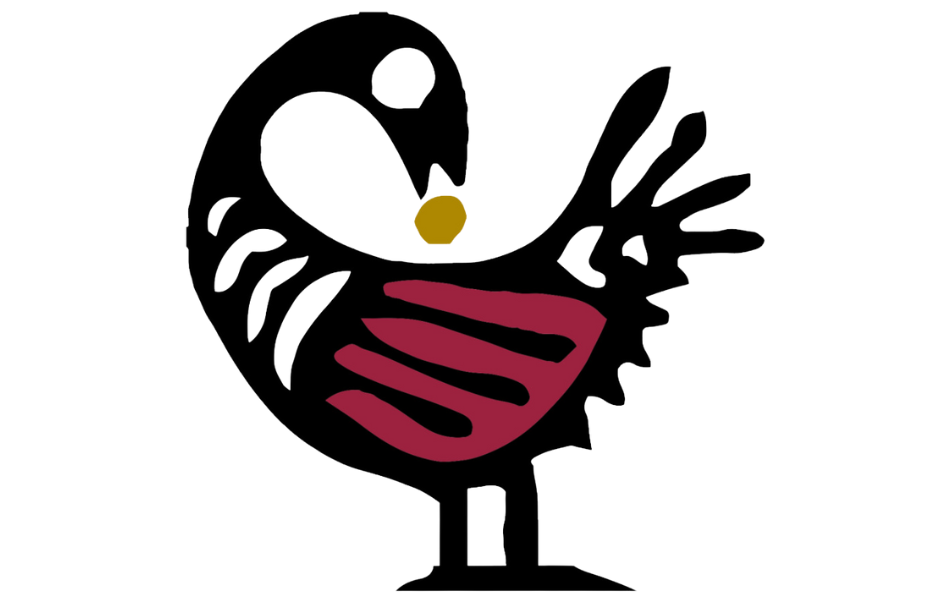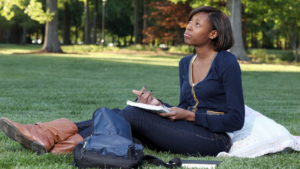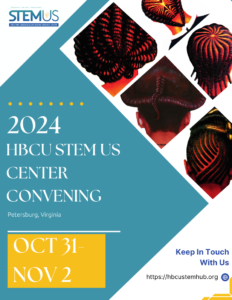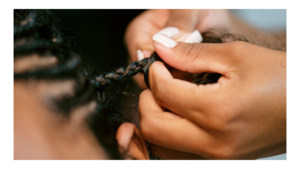I happened to be in Washington D.C. on a historic day last week when the president of the American Psychological Association gave her inaugural address to one of the country’s largest professional organizations. Dr. Thema Bryant opened the proceedings by introducing a dance troupe and their rendition of the Negro National Anthem “Lift Every Voice and Sing.” This was followed by prayer from four native American psychologists who asked that the gathering be blessed from the four directions. Then came Psychologist Jaiya John from Howard University, who invoked his grandmother’s presence with a poem about her sour cream pound cake. So, there was dance, music, prayer and poetry in the first hour of the 4 day conference. I have been to a number of these convenings but I have never before cried during one of them.
Admittedly, this was a very different type of opening session but I’ve become more sensitive to things since I’ve been working with James Solomon Russell. I am not surprised that this sensitivity is spilling over into other areas of my life. In learning about Father Russell, I started spending time in his prayer book, the Book of Common Prayer, which got me to actually pray more but in a different kind of way. I am not talking about my nightly prayers or praying in church. Nor am I talking about asking for things or praying out of desperation. I’ve started experimenting with prayer as an inquiry. I wondered if it were possible to be like Father Russell, remaining in a state of soul-filling receptivity when all around you is evidence of the soul-draining nature of this society?

This week was the opening conference of Virginia State University led by President Makolah Abdullah. The theme of the opening session was “Every Encounter Counts” and we were encouraged as faculty and staff to bring love and compassion to every encounter with students and with each other. This year’s will be the largest incoming class in VSU’s history. The entering students represent the cohort for which Covid-related closings occurred during the early part of their high school matriculation. Maybe they have all recovered from the learning loss. Maybe not. Either way, I am being asked to serve them with compassion and care. If (when) more students come to HBCU’s in the next few years as a result of the end of Affirmative Action, they will come with their Covid-related learning loss having occurred earlier and earlier. Maybe they will have had time to recover. Maybe not. Either way, faculty and staff will be asked to serve all of them with compassion and care as well.

Over 100 years ago, Father Russell worked in an education system that was far more separate and unequal than it is today and for most African Americans education was inaccessible. Having been born into slavery, his knowledge of educational and religious systems and structures was forged from that origin story and from his own experiences. Yet, I recall what was said about him.
Archdeacon Russell was a Christ-like man. One could not be in his presence without sensing a radiance that came from a close communication with God, a spiritual fortitude that transmuted itself into all he did. His resolute endurance, impregnable determination and placid judgment seemed endowed with some hidden force and demanded not only respect but reverence.
It is clear that I am being asked from within and without to be more like Father Russell. What is not clear is how VSU or any modern institution of higher learning will acknowledge, let alone reward my inner work. When St. Paul’s College was founded, there was an understanding that living in a soul-draining society was also life-threatening and required filling stations. From what I’ve read, prayer was a regular part of campus life. Everyone was expected to serve, no matter the rank. Students were seen as family, not as customers. Everyone shared a sense of mission.
In modern times, the depth of soul work that is needed for the task of providing compassion and care to needy (sometimes even traumatized) students is rarely formally recognized and is certainly not part of tenure and promotion. Unfortunately, the research says that women, particularly African American female faculty bear the brunt of this practice of unacknowledged care-giving also known as “other mothering” or “locus parentis.” The research also says that this care-giving is expensive. It may well be that the price of providing care and compassion to needy students is failure to receive tenure. If that is the case, what is needed is a systems change.
What if the end of Affirmative Action provides an opportunity for HBCU’s to reinvent ourselves back to ourselves?
THAT would take some doing. For one thing, it would require that many more of us become like Dr. Thema Bryant, willing to bring our song, dance, prayer and poetry into structures that were not made for them and which may not welcome them. But I ask you, how else can a profession that is named for the study of the “psyche” move forward without acknowledging the damage and soul-draining nature of institutionalized and structural racism or accepting the need for many types of soil-filling? I ask you, how else can institutions that educate the heart, along with the hands and the head move forward without doing the same? For both, it may be useful to have a Sankofa moment; a looking backward to move forward.
There have been multiple efforts by the United States government to eradicate Native Americans from this continental land mass. These efforts include the seizure of land that later became the home of HBCU’s and other land-grant institutions. Yet, all traces of Native American culture were not entirely erased. I was reminded of that last week at the APA conference. I was also reminded that one thing that is common to indigenous cultures is the honor and reverence bestowed to the resident soul-healers. These are ones that could connect with a higher reality and access a higher wisdom.

Perhaps it is time to look to ancient solutions for this modern problem of educating our young at state-supported institutions. Maybe this accessing of wisdom is, in actuality, an ancient problem. What if, white supremacy, hyper-individualism, profit-at-all costs capitalism and the related stress, distress, anxiety and overwhelm spawned by them are endemic of an inner human problem. Then the solution will not come from the normal cognitive sources. We will need to pray.. and expect an answer from at least one of the four directions.





